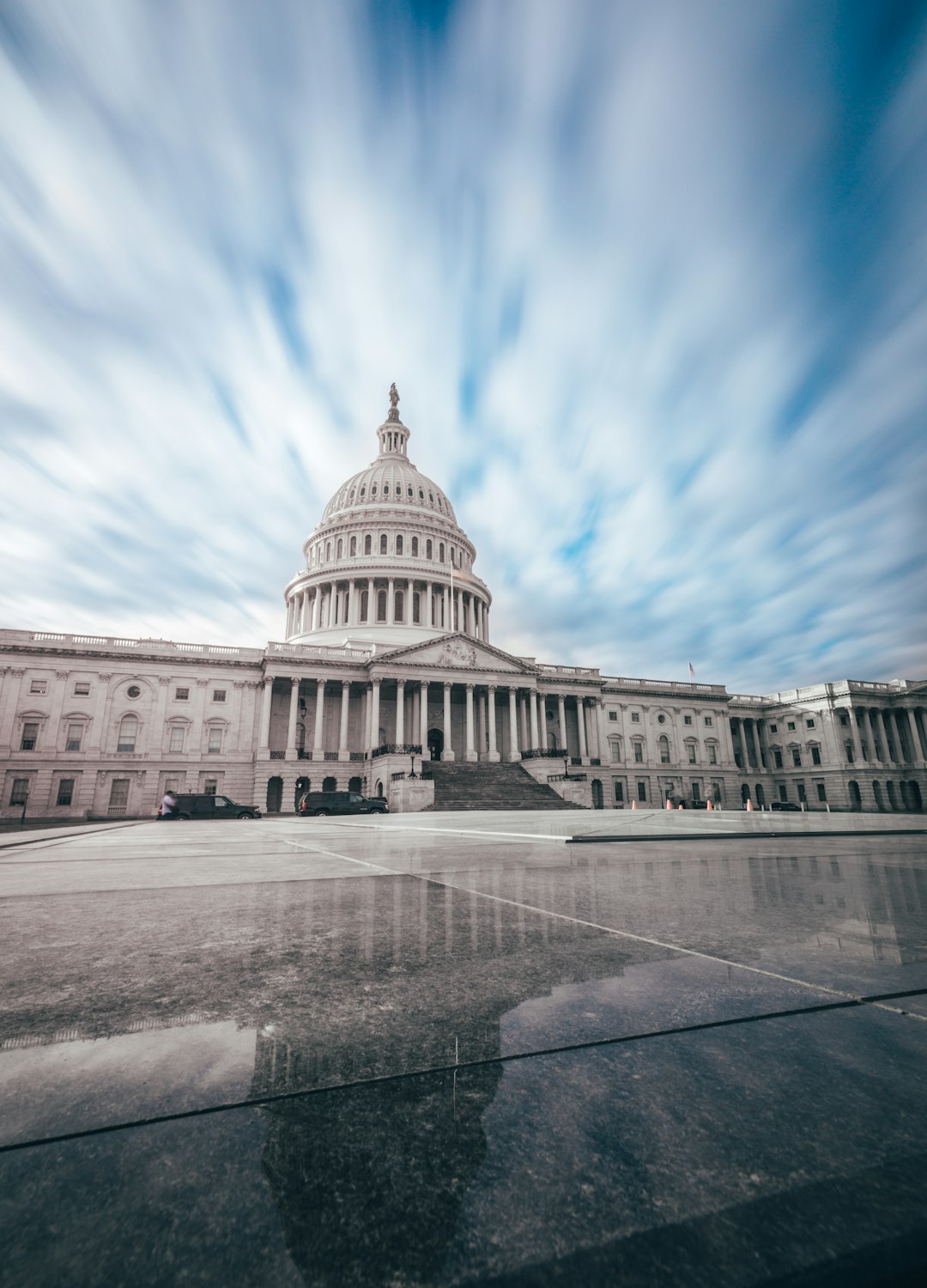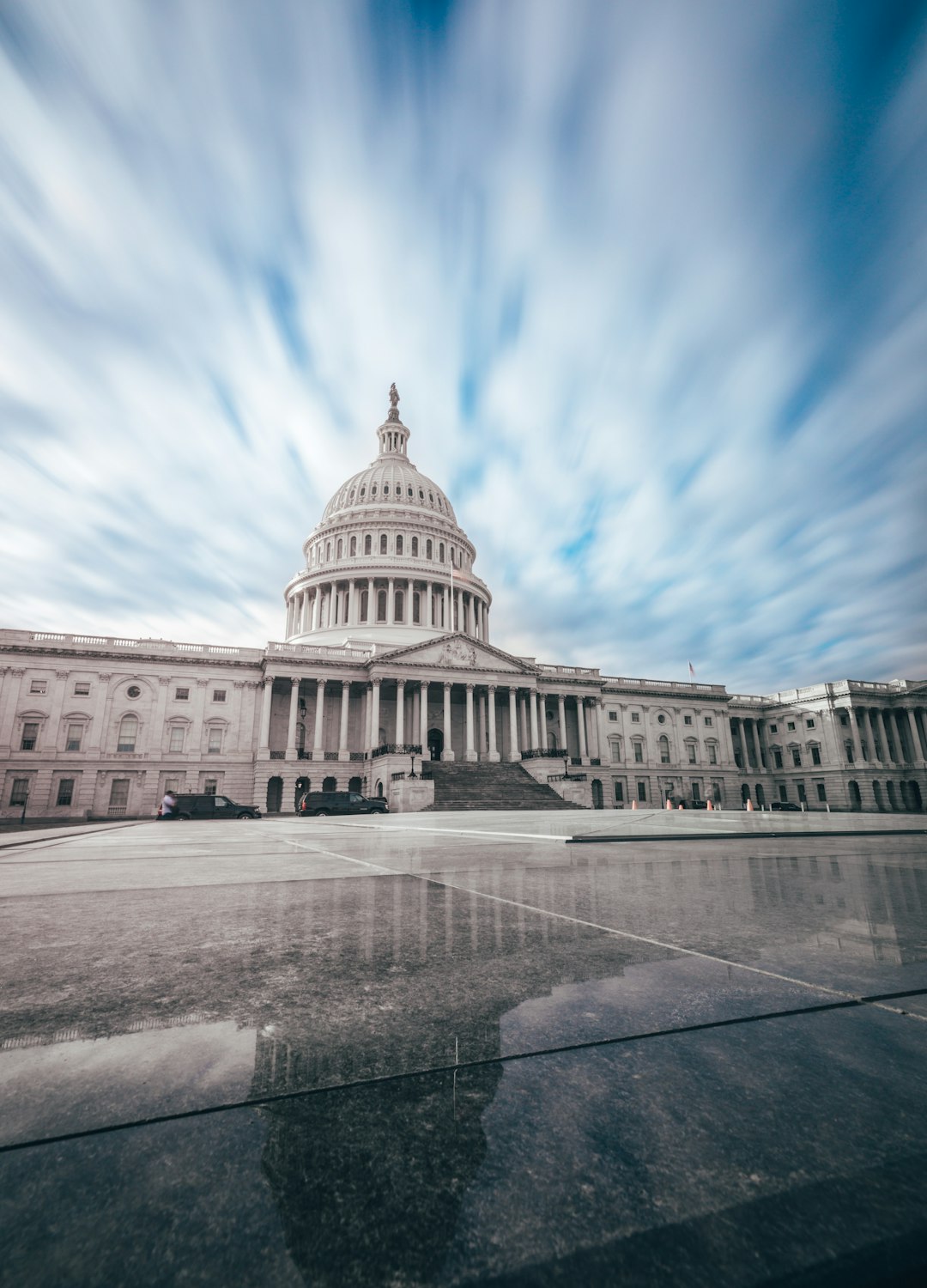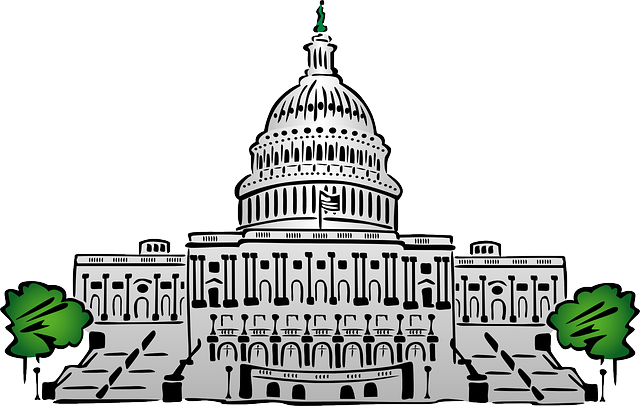In Washington state, where academic rigor meets youthful energy on campuses, hazing and sexual assault remain hidden yet critical issues. Hazing abuse attorneys specialize in advocating for victims' rights, ensuring accountability under explicit prohibitions against hazing and non-consensual acts. These attorneys empower survivors to come forward, gather evidence, and craft compelling legal arguments. Through strategic litigation, they increase awareness, foster safer environments, and push institutions to take these issues seriously. In Washington, supporting survivors is paramount for justice and healing, with legal protections and non-profit organizations offering counseling, advocacy, and legal aid. Hazing abuse attorneys guide victims through criminal, campus disciplinary, and civil processes, ensuring justice and accountability.
“In Washington state, addressing campus sexual assault and hazing is paramount. Understanding the legal framework, especially with respect to hazing abuse attorneys, plays a pivotal role in ensuring justice and accountability. This article delves into the intricacies of campus sexual assault and hazing laws, highlights the crucial work of hazing abuse attorneys in Washington, and provides essential resources for survivors. By exploring these aspects, we aim to empower students, foster safer campuses, and support survivors in their pursuit of justice.”
Understanding Campus Sexual Assault and Hazing Laws in Washington

Campus sexual assault and hazing are serious issues that have a profound impact on students across Washington state. It’s essential to understand that both behaviors are illegal and can have severe consequences. In Washington, hazing abuse attorneys play a crucial role in advocating for victims’ rights and holding perpetrators accountable.
The laws in Washington explicitly prohibit hazing activities, which include any actions intended to cause emotional or physical harm to a student as part of initiation into or affiliation with an organization. Similarly, campus sexual assault laws protect students from non-consensual sexual acts and harassment. Awareness of these legal protections is vital for both victims seeking justice and institutions striving to maintain safe environments.
The Role of Hazing Abuse Attorneys in Holding Accountability

In the complex landscape of campus life, especially in Washington, where youthful energy meets academic rigor, the silent issue of hazing and sexual assault demands attention. Hazing abuse attorneys in Washington play a pivotal role in shedding light on this hidden problem and ensuring justice for victims. Their expertise lies not only in navigating the intricate legal systems but also in understanding the unique dynamics that often surround such incidents.
These attorneys are the catalysts for change, empowering survivors to speak up without fear. They meticulously gather evidence, interview witnesses, and construct robust legal arguments to hold responsible parties accountable. By employing strategic litigation and advocacy, hazing abuse lawyers create a ripple effect, raising awareness about prevention measures and fostering safer campus environments. Their dedication ensures that institutions take these issues seriously, ultimately leading to more stringent policies and a culture of respect and consent.
Supporting Survivors: Resources and Legal Rights in Washington

In Washington, supporting survivors of campus sexual assault and hazing is a crucial aspect of ensuring justice and healing. Many organizations offer resources for those affected by such incidents. The state’s legal framework protects victims’ rights; they have the right to privacy, confidential medical care, and support services. Non-profit organizations provide counseling, advocacy, and legal aid, empowering survivors to take action against their assailants. These groups also work closely with law enforcement and educational institutions to ensure proper handling of cases.
Hazing abuse attorneys in Washington play a vital role in this process, offering specialized legal assistance. They help survivors understand their rights and navigate the complex justice system. With expertise in handling sensitive cases, these attorneys can guide victims through criminal proceedings, campus disciplinary actions, and potential civil lawsuits. The goal is to secure justice, accountability, and support for those who have endured such traumatic experiences.






